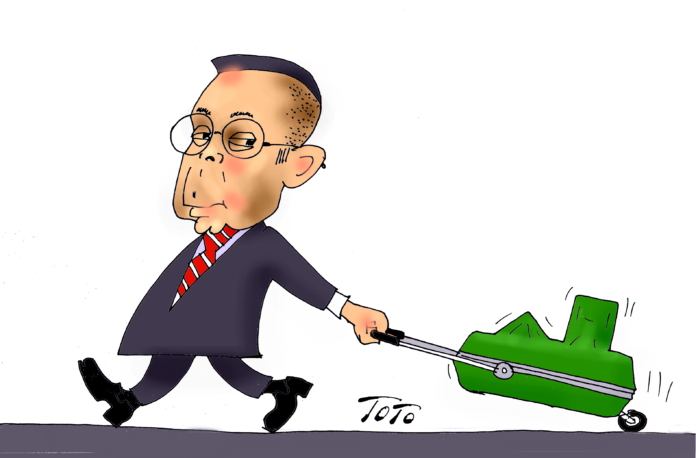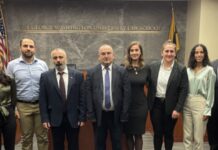By Edmond Y. Azadian
Richard Hoagland, the US co-chair of the Organization for Security and Cooperation in Europe (OSCE) Minsk Group, unleashed a political whirlwind around the stagnant Karabakh situation, announcing unilateral conditions in his parting salvo.
He is soon to be replaced by Andrew J. Schofer as co-chair. The six principles laid out by Mr. Hoagland represent the Madrid Principles in general and they have been rejected by both parties during the negotiations.
Traditionally, when the Minsk co-chairs, representing the US, as well as Russia and France, have a message for the negotiating parties or for the diplomatic community, they coordinate their actions to speak as one. Why then come out hastily with a unilateral proposal at this juncture?
There are certainly some undertones to Mr. Hoagland’s haste and in the content of his message.
By now, everybody understands that the Nagorno Karabakh conflict has become a political football for all parties involved, and especially the major powers, which have no immediate stake in its timely resolution.










